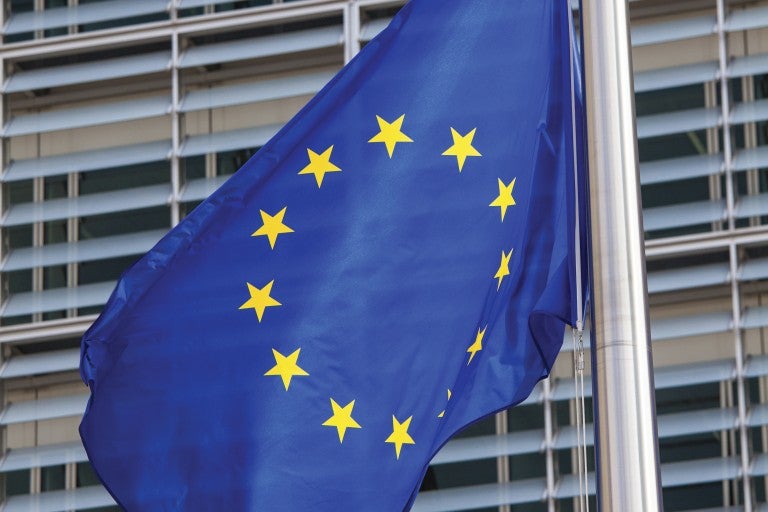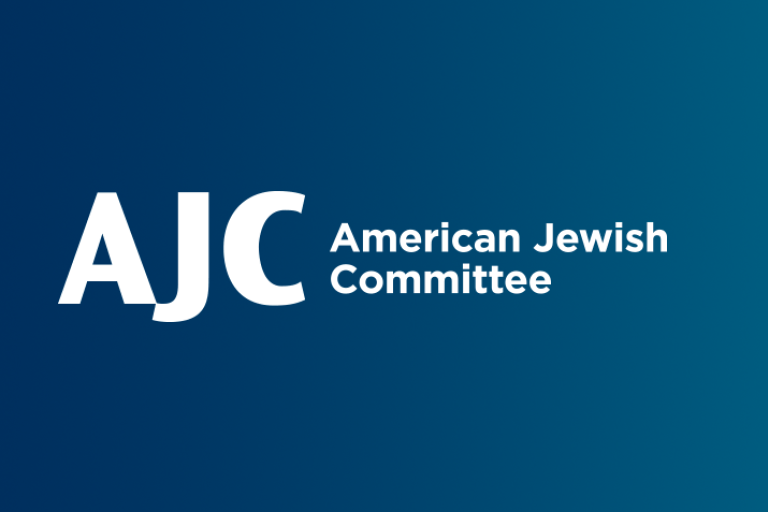November 24, 2020 — Warsaw, Poland
This piece originally appeared in Gazeta Wyborcza.
Not since George H.W. Bush, whose career in public service had included stints as CIA Director, Ambassador to China, and two terms as Vice President before assuming the presidency in 1989, has the United States elected a chief executive with anything approaching the foreign policy record of President-elect Joe Biden.
That record gives us clues to the principles and programs that will define the Biden administration’s approach to international affairs.
It tells us to expect stronger relations with European allies, restoration of diplomatic norms (with policy changes conveyed in consultation and via communiqués, not tweets), fuller multilateral engagement, and greater appreciation of NATO – although with a continued U.S. emphasis on meeting defense spending commitments.
On U.S. policy toward the Middle East, the President-elect’s nearly half-century record in office and his statements on the campaign trail point to a number of significant policy changes – as well as continuity in specific areas.
Continuity can be expected in American support for the recent dramatic widening of the circle of Arab-Israeli peace, building on the achievements of President Trump in fostering normalization between Israel and three Arab states. President-elect Biden has welcomed the Abraham Accords, and is likely to find willing partners as he seeks to extend his predecessor’s streak.
Continuity can be expected, as well, in support for the growing strategic and economic cooperation among Eastern Mediterranean states, including the exploitation and distribution of undersea energy resources, a project that began under President Barack Obama and gained considerable momentum under his successor. Whether Turkey ceases threatening its neighbors’ claims to those resources, as well as their security, and can be brought into the regional “gas forum” will be a major challenge awaiting President Biden early in his term. His tough talk in the last year about Turkish President Recep Tayyip Erdoğan, and his long friendship with Israel, Greece, and Cyprus, suggest a stern response to further attempts to disrupt cooperation.
There may be little incentive for the Biden administration to sharply change course in Syria and Iraq – unless the course shifts dramatically in the final two months of the Trump presidency, pursuing fulfillment of a promise to end America’s “forever wars.” Maintenance of the American military presence under Biden, to thwart ISIS resurgence and push back against Russian and Iranian encroachment, is a likelier bet than abandonment or an ambitious troop surge.
Similarly, there is little evidence to suggest a broad rethinking of U.S. forces’ deployments across the Middle East and North Africa – stabilizing factors and essential tools in the ongoing fights against terrorism, Iranian adventurism, weapons and human trafficking, and piracy.
Where change in U.S. policy in the region can be expected under President Biden is in three areas: the Israeli-Palestinian conflict, human rights, and Iran.
President-elect Biden’s history of strong support for Israel’s security and well-being – through his six terms in the Senate and two in the vice presidency – leaves no room to doubt his understanding of the Jewish state’s urgent strategic concerns. Unlike his immediate predecessor, though, he has also been an unwavering supporter of a negotiated two-state solution to the Israeli-Palestinian conflict, believing that a nonmilitarized Palestinian state – a decidedly ambitious goal – could best serve the interests both of the Palestinian people and of the democratic and Jewish state of Israel, as well as the interests of regional stability.
We can thus expect renewed U.S. engagement with the Palestinians – including the reopening of the PLO mission in Washington and a resumption of U.S. contributions to the long-troubled UN agency providing a range of services to generations of descendants of Palestinian refugees – with the goal of restarting (for the “nth” time) an Israeli-Palestinian peace process. What will be different this time, though, is relief, provided by the Trump administration, from the now-disproven notion that resolving this bitter conflict was the necessary predicate to broader Arab-Israeli peace. The two objectives, we now know, can be pursued independently.
Second, we can expect a clearer, more consistent American voice for human rights in the Arab world, speaking out against arbitrary detentions, the stifling of even the mildest expressions of dissent, and the tolerance of extremist rhetoric. The Trump administration paid considerable and appropriate attention to the protection of religious freedom abroad. We can expect the Biden administration, within pragmatic bounds, to return to the U.S. tradition of defending freedom more generally – a difficult proposition, as we saw in the Obama-Biden years, in cases such as Egypt’s Muslim Brotherhood.
Third, we can expect Biden to pursue returning the United States to the Iran nuclear deal negotiated under Obama. But when and under what conditions to rejoin are large questions – and will be a continued focus of advocacy and vigorous debate by the American Jewish Committee and other interested parties, including not only the three European allies that collaborated with Washington but America’s Middle East allies, as well, with Israel now joined publicly by at least two Gulf partners.
AJC will continue to highlight concerns about threats unaddressed by the 2015 deal, including Iran’s malign influence in the region and its ballistic missile development, and note, in addition to other shortcomings, that the expiration dates on certain constraints are unacceptably near. Biden has now promised to work with U.S. allies to make the deal “longer and stronger.” To fulfill that pledge will require maintaining significant leverage on Tehran; it was only through such pressure in the past that diplomatic openings occurred.
A full suite of foreign policy challenges awaits the new U.S. administration. Overcoming them will require not only the creativity, steadiness, and wisdom of a President with strong foreign policy credentials and an experienced team, but close coordination with America’s longtime allies. As the President-elect has said repeatedly in this trying year, “We are all in this together.”
Jason Isaacson is the Chief Policy and Political Affairs Officer of the American Jewish Committee, which maintains a Central Europe Office in Warsaw.



